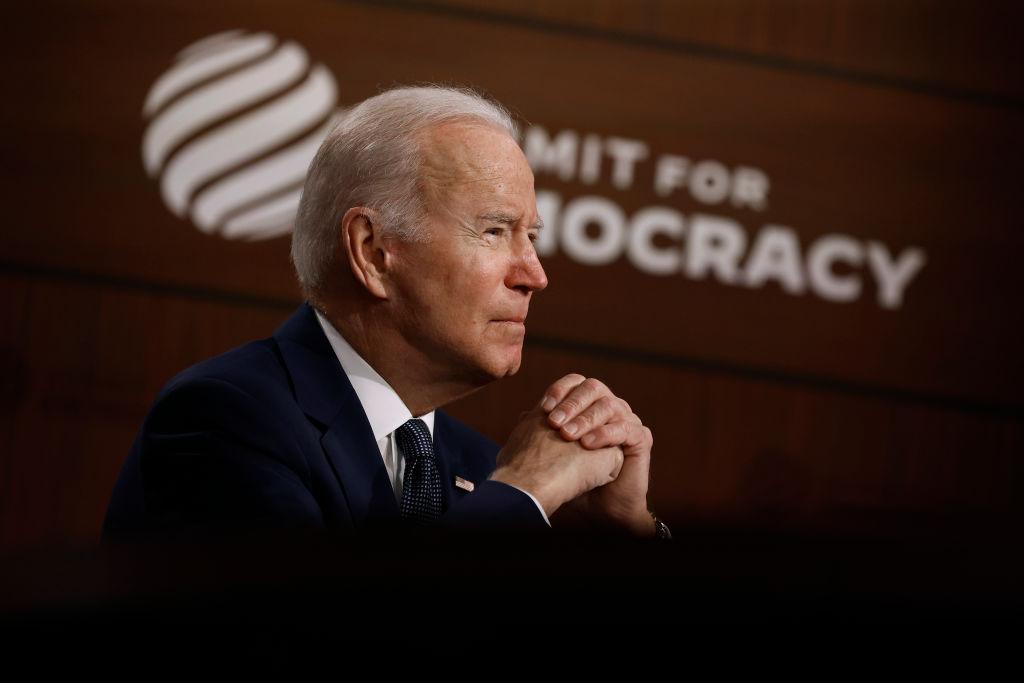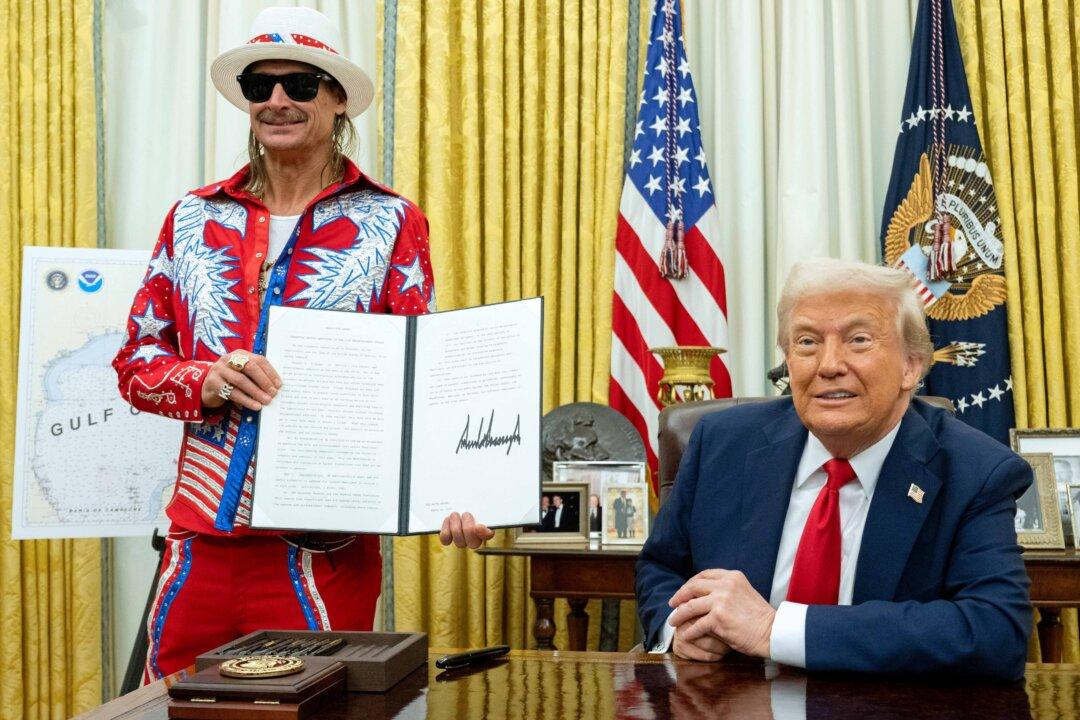President Joe Biden boasted that democracies are “getting stronger, not weaker” and cited how voters “rejected the voices of extremism” in last November’s midterm elections as one sign of progress during a session at the second Summit for Democracy on March 29.
“Today, we can say, with pride, democracies of the world are getting stronger, not weaker,” Biden said. “Autocracies of the world are getting weaker, not stronger. That’s a direct result of all of us.”





